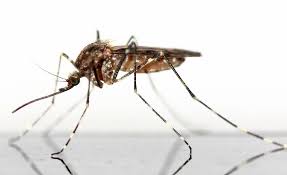Winter Moth Caterpillar Control
Any property that has deciduous trees such as – oak, maple, cherries, birch, beach, and ash should think about having a Winter Moth Caterpillar treatment performed at the property. The winter moth caterpillars are small and green resembling inchworms, and typically can be seen hanging from a long strand of webbing. The caterpillars emerge in the spring time from the leaf buds on your trees when the leaves begin to open up. They will then begin to devour the leaf and leave unwanted droppings on your car/deck/house, while also causing significant damage to the tree itself. The treatment we use is safe for pets, children and birds and is rated for use on organic crops. We apply this treatment at roughly the same time as the winter moth caterpillars begin to emerge. When left untreated, the caterpillars once finished eating will make a cocoon and emerge as the moths that you see flying around in the Fall and Winter laying eggs for the caterpillars that emerge the next spring.
Read More in This Article from UMASS
Here is more information on Winter Moth Caterpillars
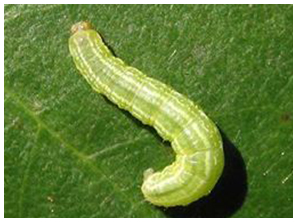
Gypsy Moth Caterpillar Control
The gypsy moth has become, over the past century, a major pest in the northeastern United States and southeastern Canada.
Tree damage is caused by the insect larvae, or caterpillars, which emerge from their eggs beginning in early spring and continuing through mid-May. The larvae move to the leaves of trees and begin to eat, mostly at night. Feeding continues until mid-June or early July when the caterpillar emerges as a moth. Gypsy moths are seen only in mid-summer.
The caterpillars have a preference for the leaves of deciduous hardwood trees such as maple, elm, and particularly oak. Gypsy moths can also feed on apple, alder, birch, poplar and willow trees. As the population grows it will also attack evergreens like pines and spruces. However, during heavy infestations, competition for food will drive the caterpillar to attack almost any tree or shrub.
Depending on the degree of infestation, tree damage ranges from light to almost complete defoliation. Most deciduous trees can survive a moderate attack. Many can even survive a complete defoliation by the gypsy moth caterpillar. Unfortunately, continuing attacks can fatally weaken a tree or leave it vulnerable to other insects or disease.
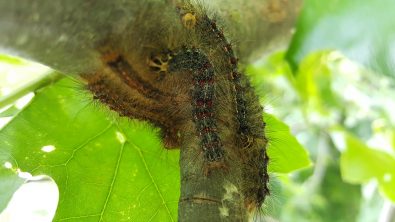
Gall Wasp Control
The insect is called Gall Wasp and can spread from tree to tree. We have spoken with a variety of Arborists and The Cape Cod Cooperative Extension Service and have found varying opinions. One thing they all agree on is that there is no guaranteed cure or remedy. There are however, steps that can be taken to assist in the survival of the trees. Trees that are stressed are more likely to be susceptible to the infestation. Maintaining tree health and vigor and avoiding stressors such as drought, defoliation and other infestations help to reduce die back. There are also a couple of options to treat the wasps that are being tested and also have no guarantee.
If trees are significantly infested, the best solution is to remove the tree to reduce the chances of additional trees being affected. Also something to take into account is the locations of the infected trees. Any that are near structures and may be comprised could potentially be a hazard in the upcoming winter.
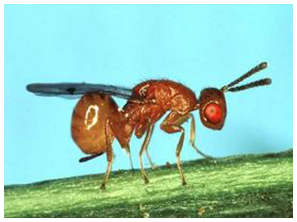
Tick Control
If you want to enjoy your outdoor area with some level of security give us a call; McNamara Bros., offers a tick control program that can aggressively eliminate the threats common with a tick population.
The treatments are affordable, timely and most importantly, done in a manner that targets the tick itself, leaving your yard beautiful and free for you to enjoy.
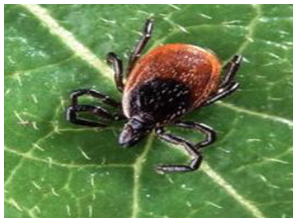
Mosquito Control
Not only are Mosquitoes a nuisance, they can also carry many types of diseases that can be transmitted to humans and family pets. An important part of mosquito control is to remove any standing water in which they can lay their eggs which they need for 2 stages of their life cycle. For example, bird baths, gutters, buckets, wading pools, fountains etc.
If after doing that you still have a Mosquito problem, please contact us if you are interested in having us spray to repel them. The same product we use to control the tick population helps to repel Mosquitoes. Please contact us for a free estimate.
